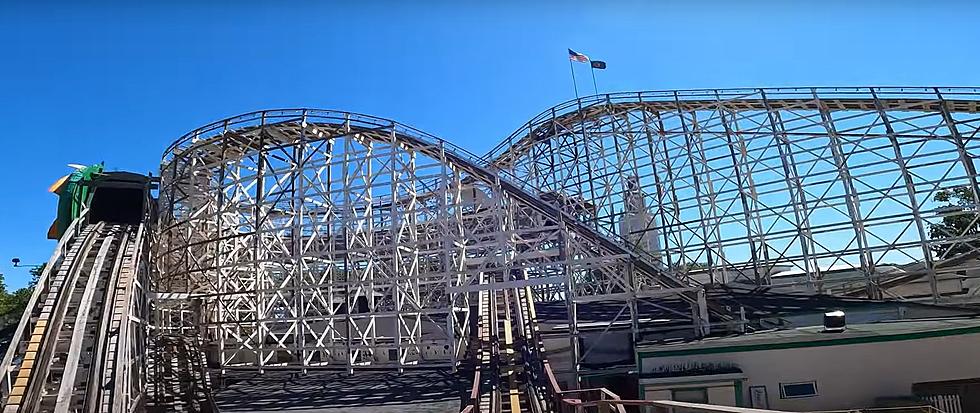
NASA Rocket Launch Visible in the Hudson Valley and Parts of New York State
The upcoming total solar eclipse is not only a spectacular once-in-a-generation event for viewers and amateur astronomy buffs, but one for important scientific research as well.
The National Aeronautics and Space Administration says that they will launch three research rockets into the Moon's shadow, in an effort to study how Earth’s upper atmosphere is affected when sunlight momentarily dims over a portion of the planet.
These rocket launches will be seen up and down the Eastern seaboard the afternoon of April 8, weather permitting. This includes areas in New York's Hudson Valley, one of the states directly in the path of the celestial event
NASA Rocket Launches to Be Visible in the Hudson Valley?
NASA reports that the Atmospheric Perturbations around Eclipse Path (APEP) research rockets (or, sounding rockets) will launch from the Wallops Flight Facility in Virginia April 8. Since there are three separate rockets, NASA says that they plan to launch them 45 minutes before, during, and 45 minutes after the peak local eclipse.
See Also: New York State Issues Common Sense Warning For Those Wearing Eclipse Glasses
NASA says that the launch window will open at 2:40 PM. According to a flight map posted on Facebook by Wallop's, viewers in the Hudson Valley should line of sight access to the rockets 30 to 42 seconds after each launch.
NASA says the rickets will study the disturbances in the Earth's ionosphere created when the Moon eclipses the Sun.
Initially, some extended weather reports predicted that it would be cloudy across most of New York April 8. AccuWeather had relied on their forecast which they "based on the long-term historical average cloud cover data used by NOAA and many others as a foundation".
See Also: Huge Glowing Fireball Spotted Above Parts of New York State
However, updated forecasts are saying most of the sate should enjoy sunny skies and mild temperatures Monday afternoon.
New York Towns with the Longest Eclipse Totality on April 8
Gallery Credit: Megan
More From WRRV-WRRB





![[PHOTOS] Michigander at WRRV Sessions May 2023](http://townsquare.media/site/704/files/2023/05/attachment-Untitled-design-2023-05-24T094903.074.jpg?w=980&q=75)



